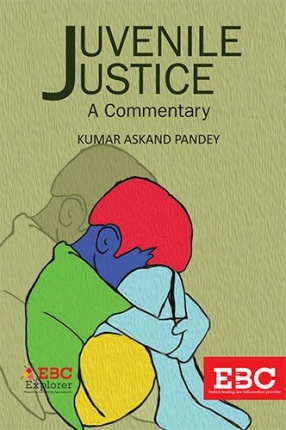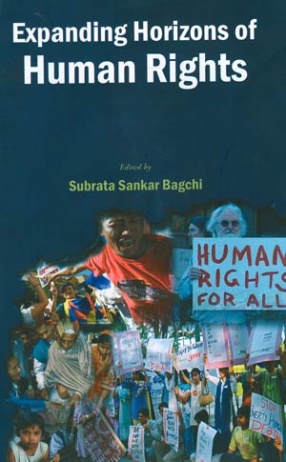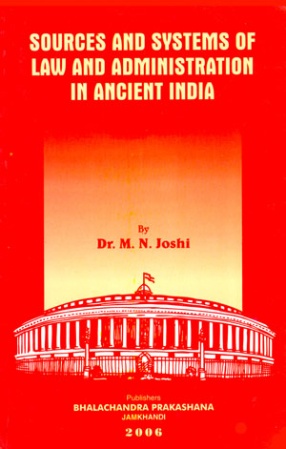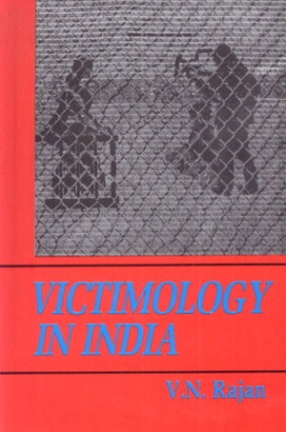Juvenile Justice
The book contains a historical introduction to child rights in India, tracing its origin and taking us to the present times, along with 10 more chapters, arranged in the same sequence and with the same title as they appear in the JJ Act, 2015. Although the JJ Act, 2015 is similar to the earlier JJ Act, 2000 in many respects, one notable feature of the new Act is lowering the minimum age of criminal responsibility of children in the age group of 16 to 18 years. Such children may be tried as an adult after what the Act says “a preliminary assessment” of their mental and physical competence to commit a “heinous offence”.
The book in Chapter I includes a discussion on the developments leading to the enactment of the JJ Act, 2015, and the definitions of various terms and phrases used throughout this legislation. All the terms and phrases defined in this chapter have been thoroughly analysed to make the readers well acquainted with their contextual use throughout the JJ Act, 2015.
The general fundamental principles governing the care and protection of children were earlier part of the JJ Rules, 2007 which have now been made part of the JJ Act, 2015 itself and have been elaborately discussed in Chapter II of the book.
In Chapter III, the constitution and functions of Juvenile Justice Board and in Chapter IV, procedure in relation to children in conflict with law has been discussed in detail.
New issues such as “preliminary assessment”, the manner of dealing with the children in the age group of 16 to 18 years who are alleged or have been found to have committed a “heinous offence” and their treatment are the notable features of Chapter IV.
Constitution and functions of the Child Welfare Committee and procedure in relation to children who are in need of care and protection have been discussed in Chapters V and VI respectively.
Chapter VII discusses the process of rehabilitation and social reintegration of children including the issues of establishment and registration of Child Care Institutions. Another special feature of the JJ Act, 2015 is inclusion of a separate chapter on adoption.
Chapter VIII deals with the issue of adoption and the comments on the provisions of this chapter are supplemented by the Adoption Regulations, 2017 issued by Central Adoption Resource Authority. JJ Act, 2015 includes many new offences against children and Chapter IX discusses the criminal and penological jurisprudence of the same.
Chapter X includes miscellaneous but equally important issues such as transfer of children from one institution to another or to place of residence, release of a child from an institution, etc. Age determination of children has always been one of the most tricky issues and the same has been dealt by making copious references to almost all the important case law on the subject in this chapter.
The comments on the provisions of the JJ Act, 2015 include relevant references to the JJ Rules, 2016 as the latter provides the flesh and blood to the skeletal sketch of the former. Although several States have devised their own State Rules, but their basic framework remains the same as provided in the Central JJ Rules, 2016 with minor or cosmetic changes.
Get it now and save 10%
BECOME A MEMBER







Bibliographic information